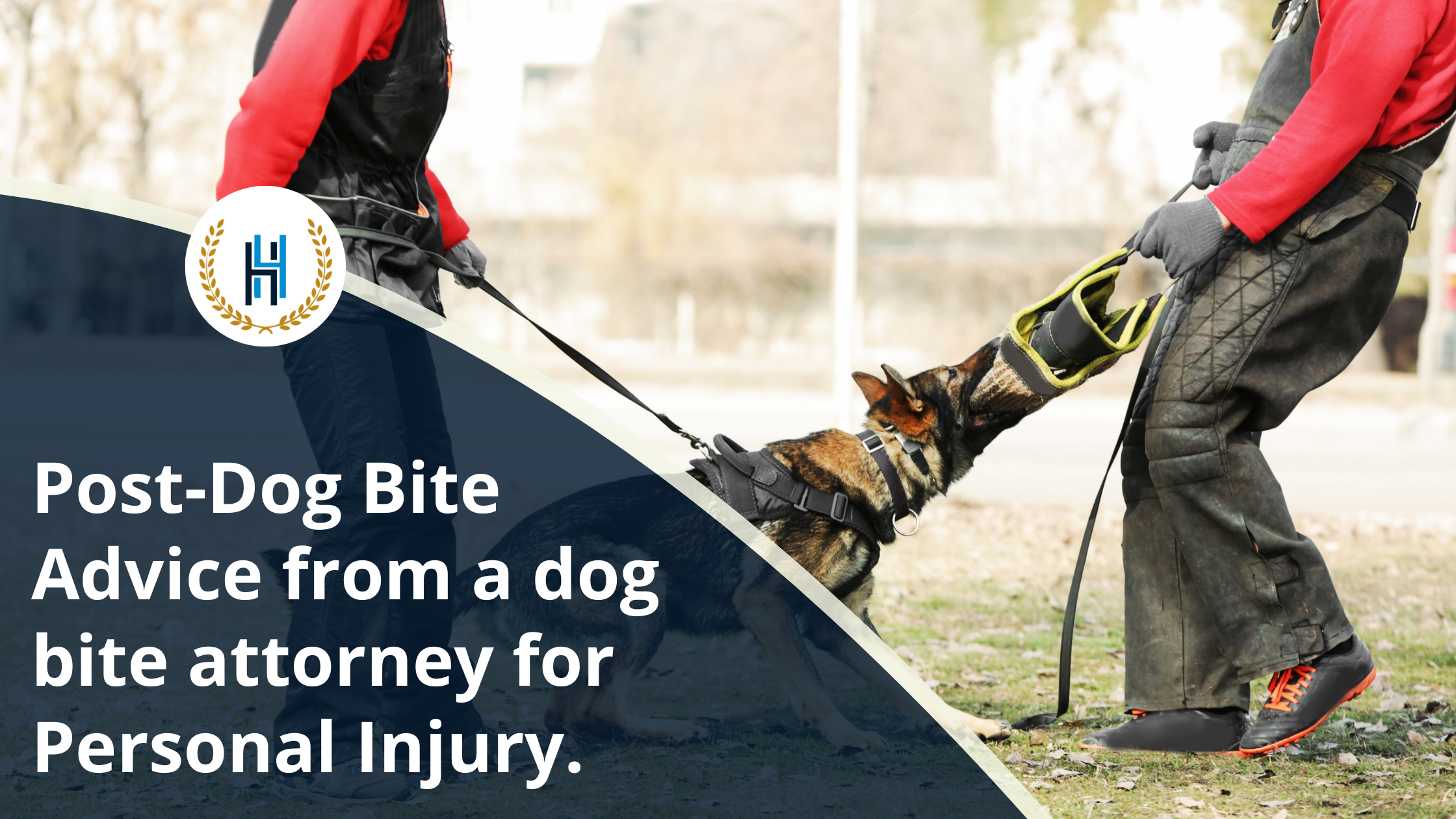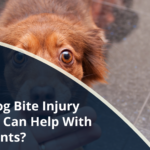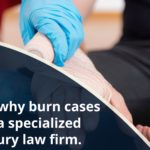Dog attacks happen more often than you might realize and can cause significant physical and emotional harm. If you’ve recently been injured in a dog attack, it’s important to seek compensation for your suffering and any other hardships resulting from the incident. However, it’s essential to understand that pursuing personal injury claims for dog attacks can be complex. An experienced dog bite attorney can help you claim for your personal injury litigation. You need to take specific steps after the incident to protect your rights and secure the compensation you deserve.
In this article, we will discuss the essential steps you must take after a dog bite attack, advice by a skilled dog bite lawyer.
What are the Steps to Take After a Dog Bite Attack?
Here are the steps you should take after a dog bite attack.
- Control the Bleeding: If the dog bite causes severe bleeding, use a cloth or towel to apply pressure to the wound. The most important thing to do after a dog bite is to avoid infection. If you have antibacterial ointment, apply some to the wound and cover it with a clean bandage. If the bite is infected, antibiotics may be necessary for a fast recovery. Seek medical treatment regardless of the severity of the wound. It’s important to follow your doctor’s advice, especially if there’s a risk of rabies transmission. Be honest about your medical history with your doctor as certain conditions can affect the treatment.
- Clean the Wound: To prevent infection from the bacteria in a dog’s mouth, run warm tap water over the wound for 5 to 10 minutes. Use mild soap to clean and disinfect the wound. If you’re unsure how to clean the wound, consult with your doctor. Seek medical attention if the wound is ragged, large, or deep within the skin.
- Dress the Wound: If you can control the bleeding and have cleaned the wound with an antibiotic ointment, dress it with gauze or a bandage.
- See a Doctor: It’s a good idea to seek medical attention even if you treat the dog bite at home. Seek medical help if you haven’t had a tetanus shot in the last five years. Dog bites can introduce harmful bacteria into your bloodstream.
- Document and Report Your Injury: Protect your legal rights by documenting and reporting the injury. Speak to the dog’s owner and obtain their contact information, insurance details, and the dog’s vaccination history. Take photographs of the injuries as evidence. Report the dog bite to animal control to establish a record of the attack and ensure neighborhood safety.
- Discuss Your Case with a Dog Bite Attorney: Dog owners are usually required to compensate dog bite victims, regardless of the dog’s past behavior. It’s advisable to have a dog bite attorney to help with your case, as they can investigate, gather evidence, negotiate with the insurance company, and represent you in court if needed. Having a dog bite attorney can improve your chances of securing full compensation.
Wrapping Up
The specifics of each dog bite case are unique, but having a good grasp of the overall landscape of dog bite law, the factors that can impact a case, and the potential financial and psychological effects can help provide a foundation for handling a potential dog bite claim. It is recommended to reach out to an experienced dog bite attorney to go over your situation and explore your legal options.
These time limits may vary based on the specific theory of liability. The countdown begins on the day of the injury, so swift action is essential following an attack to safeguard your rights. Failure to meet a statute of limitations deadline may render you ineligible to receive compensation for your injuries and other damages, even if there is substantial evidence pointing to another party’s liability, such as the owner or caretaker.
As a leading dog bite law firm, Hollingsworth & Hollingsworth APC has a team of experienced dog bite attorneys who will thoroughly investigate the case and build a compelling argument to maximize your recovery from the insurance company. Contact us today to schedule a free consultation with our dog bite attorney at (619) 374-9320.









